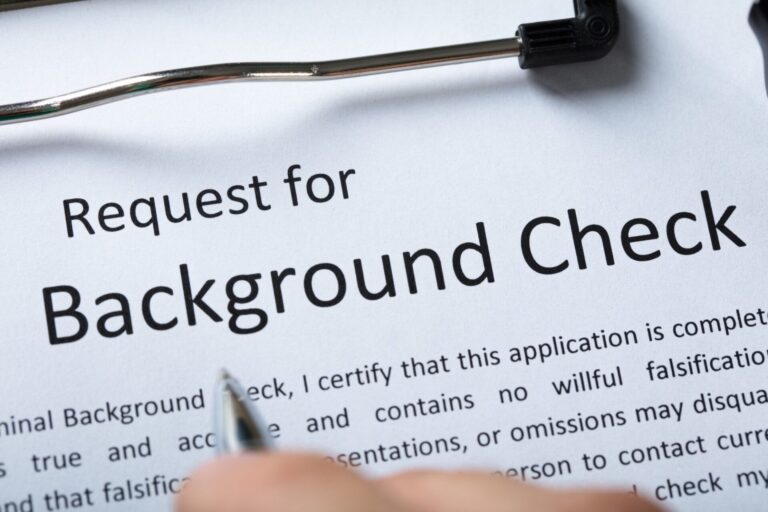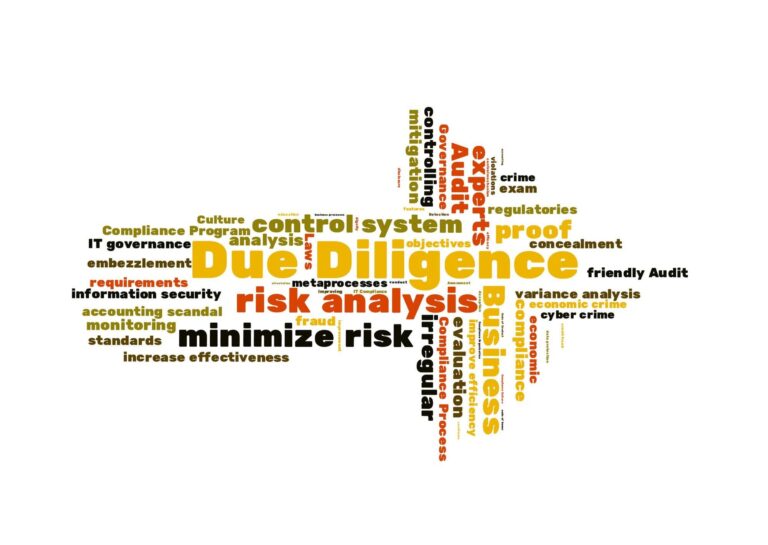3 Tips for Conducting Asset Searches
Are you aware that there’s a staggering $70 billion worth of unclaimed assets across various states? If you’ve ever wondered whether some of this unclaimed wealth could be rightfully yours, you’re not alone.
Asset searches have become a hot topic for those looking to unearth hidden financial treasures. Whether it’s real estate, boats, cars, or more, the world of asset searches holds the promise of discovering long-forgotten riches.
In this brief guide, we’ll delve into three essential tips that’ll help you navigate the intricate world of asset searches effectively. Read on to discover the keys to successful asset searches.
1. Use Online Databases for Asset Searches
The internet has truly revolutionized asset searches, making it far easier to find unclaimed assets today. In fact, many state governments now maintain online databases of unclaimed financial assets. You can access and search them completely for free.
Some sites even allow you to perform multi-state searches at once, rather than checking each state’s database individually. Start by searching your own name as well as any previous addresses or family member names. You’ll also want to search the names of any family members as they may have unclaimed assets you may be entitled to.
If you find unclaimed assets, you can file a claim to collect them. This is one of the easiest methods of asset search investigation today. With the power of the internet, you never know what you’ll uncover with a few online searches.
2. Search Property Records
Real estate records are public information that can prove valuable for your asset search investigations. County assessor sites let you look for property transfers, deeds, liens, and other documents. Digging through property deeds, titles, transfers, liens, and other documents can uncover properties that you have a claim to.
Be sure to search the records for properties formerly owned by deceased relatives. It can reveal assets tied to a property or a home that was never transferred properly. And while it can be time-consuming and tiresome, searching through property records is well worth the effort.
Unfortunately, because these asset records are available to the public, they may be susceptible to fraud attacks. So be careful.
3. Hire a Professional Asset Search Investigator
While online tools and databases can help with a basic asset search, they aren’t the best way to go about it. They are often limited in their accuracy and reliability, and not often exhaustive. This is where professional asset search investigators come in.
Leverage a professional’s expertise and resources for a thorough asset search. They can access records not easily available to the public. Moreover, they utilize advanced techniques to track down hard-to-find assets.
These include skip-tracing, surveillance, interviews, and forensic accounting. Rely on an expert for a legally admissible report to support your claim.
Reach Out for All Your Asset Search Needs!
Asset searches can be straightforward with the right strategies. Don’t hesitate; claim what’s yours.
Need help with your asset search journey? Let our experienced team at Najar Investigations guide you toward unlocking your hidden financial potential. Reach out today to explore your options and take the first step toward discovering what’s rightfully yours.






